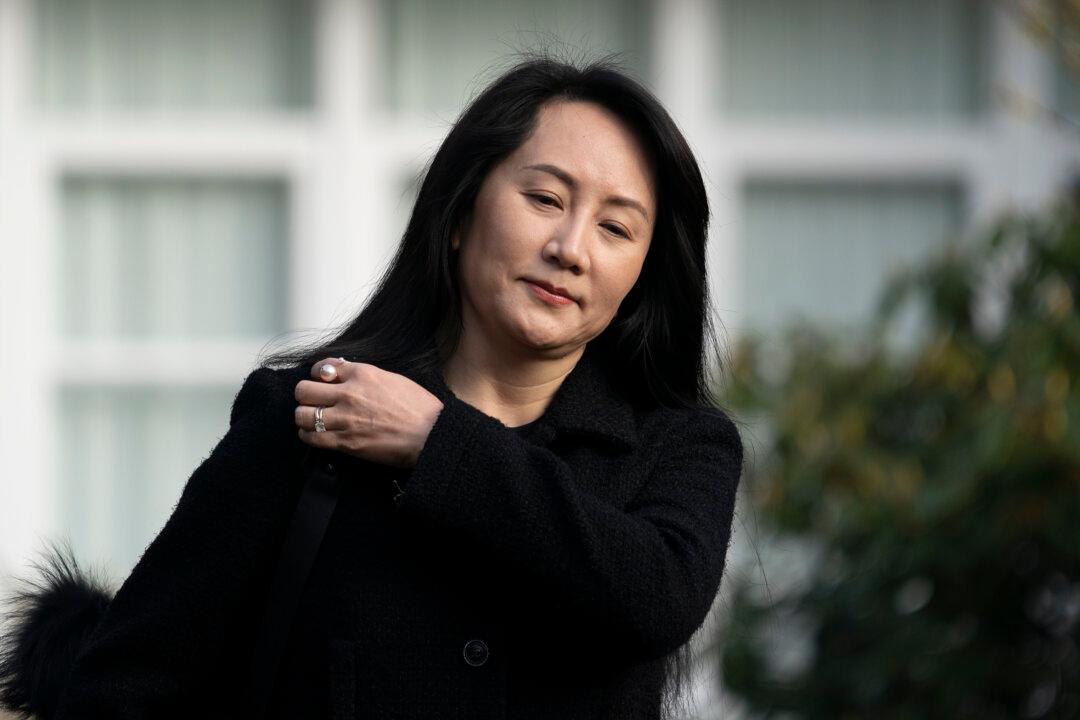VANCOUVER—A B.C. Supreme Court judge says she won’t allow proposed new evidence in Meng Wanzhou’s extradition case because it doesn’t “expressly” support the Huawei executive’s claim that the United States’ case against her is “manifestly unreliable.”
Associate Chief Justice Heather Holmes ruled July 9 against admitting the evidence but her reasons for the judgment were not released until Wednesday.





